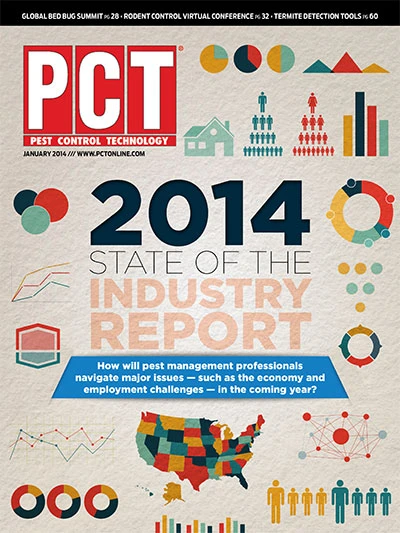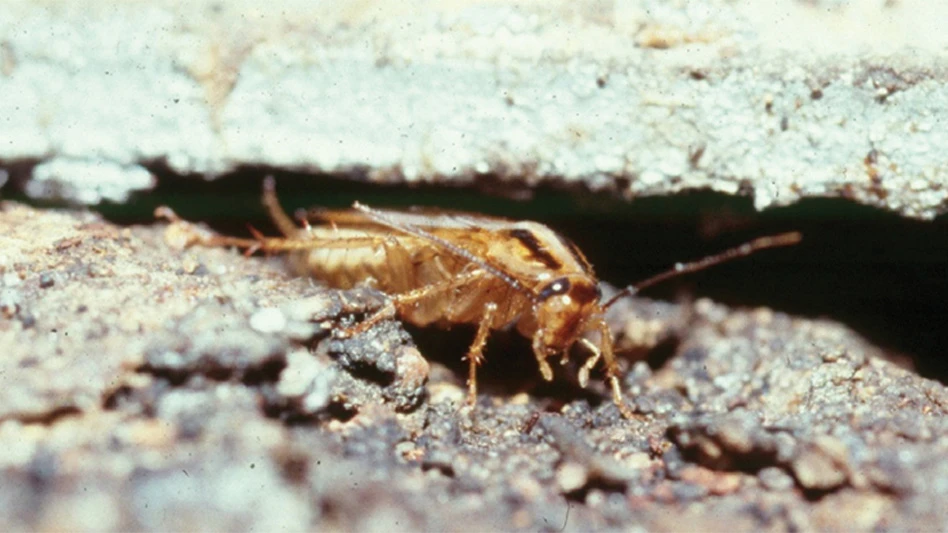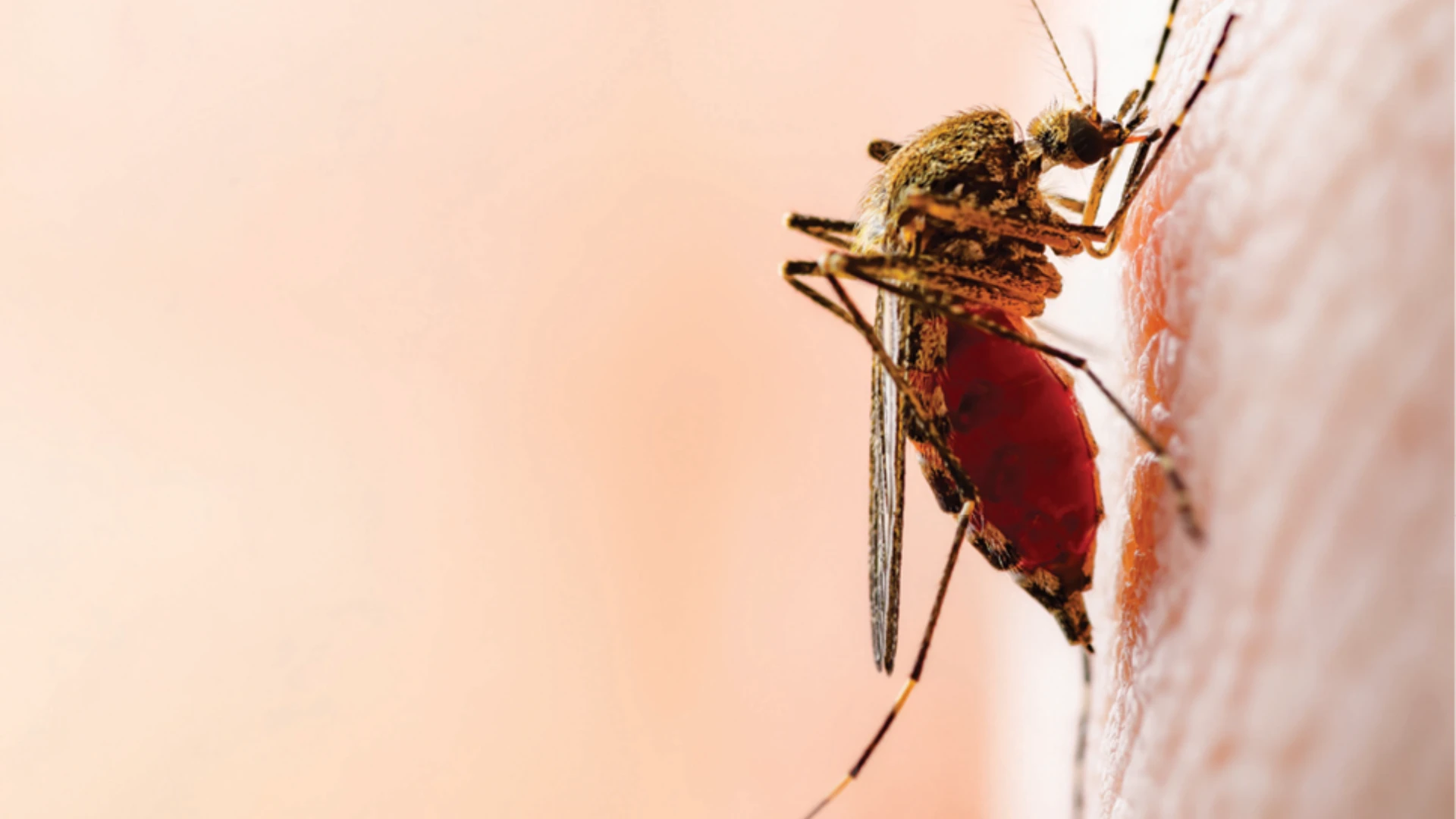 Performing a bed bug canine inspection in many commercial settings can be quite different than inspecting homes and apartments. Commercial accounts also present unique challenges for which some dog/handler teams are not prepared. Some of these commercial settings include schools, hospitals, movie theaters, buses, train cars, police and ambulance vehicles, and more.
Performing a bed bug canine inspection in many commercial settings can be quite different than inspecting homes and apartments. Commercial accounts also present unique challenges for which some dog/handler teams are not prepared. Some of these commercial settings include schools, hospitals, movie theaters, buses, train cars, police and ambulance vehicles, and more.
If you have a bed bug detection team (or more than one), are they prepared to perform these types of inspections? If you do not have a team but find yourself in need of one to satisfy a customer request, what steps can you take to make sure the team you choose is going to give you and your customer the best possible inspection? If you find yourself in need of a canine team, here are some basic questions to ask when looking for the right team to fit your need.
1. Is the dog/handler team certified? This may seem like a pretty simple request, but many teams have let their certification lapse and, even though they may have been certified at one time, they are not currently. There are many different certifying organizations to consider, however the primary concern is that the dog/handler team be certified in some way.
2. How long have the handler and canine worked together as a team? A good team does not have to be together for an extended period of time, but the handler has to have time to get to know the dog and be able to detect subtle changes in behavior. A subtle change in behavior is the first part of the detection process when the dog is at work, which is why that skill is an invaluable component of a good team. A handler that only works a dog part time or is the back-up when the main handler is on vacation is probably not going to give you the inspection you seek.
3. How many inspections of the type you require has the team performed together? When inspecting a movie theater with all kinds of spilled food and distractions, it is important to know that the team has worked in this type of environment before. Even if their experience is a simulated movie theater in practice, it is better than taking a team into this environment for the first time and expecting great results.
4. Can they supply you with training records? Training records can show you how many times a day the team trains. Are there lapses in the training? Which handler has the dog worked with? On what types of scenarios has the team trained? You should be looking for a scenario that meets your need.
5. What type of background does the handler have? Some handlers have no previous experience at all, with the exception that they are or were dog owners. But, the company gives them the dog and expects them to automatically be a good team. They may be an excellent employee but this has the potential to be a recipe for disaster. Many handlers come from a background that enables them to be a little more qualified than the average service technician. Some come from the military or law enforcement, while others have extensive canine handling backgrounds.
6. Does the team attend continuing education programs? As pest management professionals, we need to receive continuing education credits to apply pesticides and to perform our daily work. We also attend events to help acquire those credits or have an in-house training program. Bed bug detection teams can attend similar events. Participation in this type of training shows a strong desire to be proficient at their craft. Would you hire a pest control company that does not train their technicians or keep current with changes?
If you find a team that satisfies all of your requirements but does not have a lot of experience with your particular request, the next question should be: “Can you practice this environment?” Given a little time and practice, a relatively inexperienced team can be quite proficient and will provide you with a good inspection. Some teams will need a week, some may need two, but the inspection that the customer receives will be worth the wait.
Challenges.
Here are just a few examples of the challenges the team may encounter:
- In a hospital setting you may need to practice using alcohol and having beeping and other noises in the background.
- In a movie theater, the obvious is food, but it is also very likely the floor will be sticky and the dog may be distracted by this sensation. Movie theater rows are also narrow and the handler may need to adjust how they maneuver through the rows. If you try to make this adjustment the first time in the theater while doing the inspection, the dog may be distracted and the inspection less than desirable.
- When inspecting office cubicles, the computer fans can be a distraction for two reasons — one being the noise that the fans emit and the other how they may displace the bed bug odor and confuse the dog. If possible, have all computers shut down.
Another situation that can arise is the need to do inspections late at night or very early in the morning. The dog does not have a problem no matter when they are asked to work but the handler may be tired, irritable or just not feel like being there at that hour. If the handler is giving off this type of negativity, the dog will most likely respond similarly.
If you have canine teams, prepare yourself for inquiries and be able to demonstrate the ability of your teams to successfully complete the task requested. Offer training records, continuing education records, handler qualifications and provide any records of similar inspection requests. Also, consider providing any other valid information that sets your team apart.
If you find yourself in need of a canine team due to a customer request, be the one that is asking for all of the information outlined in this column. Do not assume that all handlers and dogs are qualified just because they are certified. Do your best to align yourself with a team that will provide your customer with a quality canine inspection.
Jim Nase, an Associate Certified Entomologist, is service manager at Moyer Indoor/Outdoor Pest Control, Souderton, Pa.
Copesan is an alliance of pest management companies with locations throughout North America. To learn more, visit www.copesan.com.

Explore the January 2014 Issue
Check out more from this issue and find your next story to read.
Latest from Pest Control Technology
- Liphatech Adds Alex Blahnik to Technical Team
- Do the Right Sting: Stinging Insect Identification, Management, and Safety
- VAGA's 8th Annual Veterans Thanksgiving Appreciation Dinner
- Clark's Blair Smith on the Response to Increased Dengue Fever Cases in Southern California
- WSDA, USDA Announce Eradication of Northern Giant Hornet from U.S.
- Ned’s Home Acquires Ultra Safe Pest Management
- Bed Bugs & Dirty Clothes
- Boston Adopts Liphatech's IGI CO₂ Technology for Rodent Abatement





